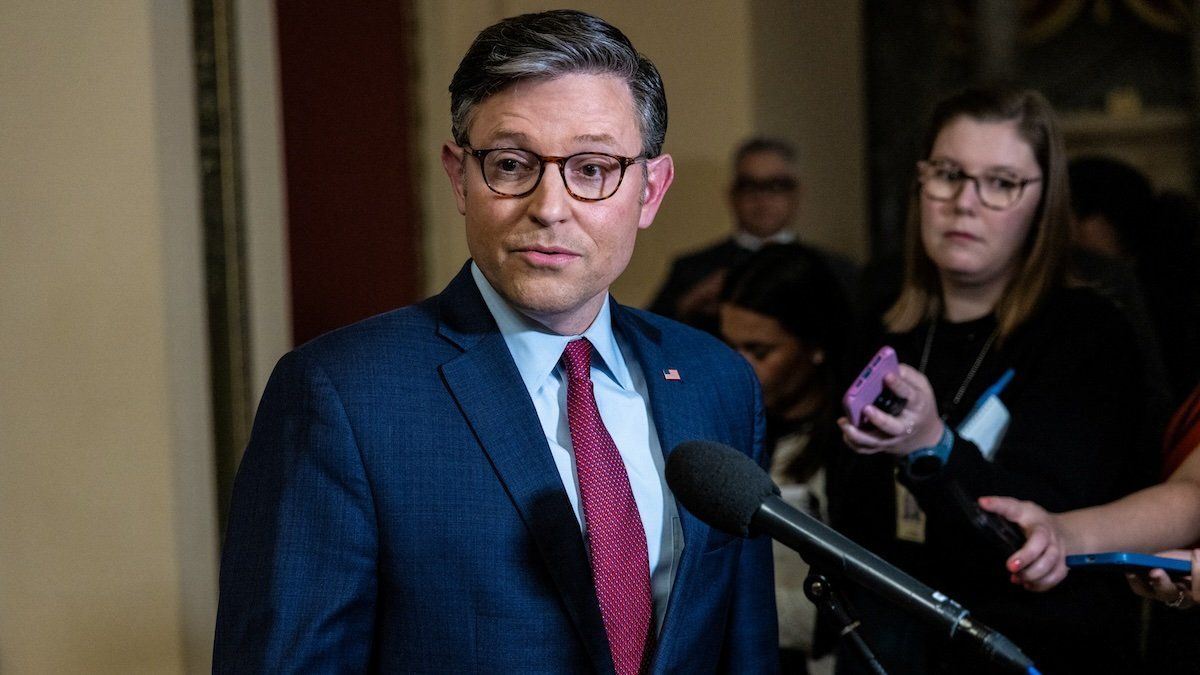Republican House Speaker Mike Johnson was committed to holding a vote on his party’s plan to fund the government for the next six months, avoid a federal shutdown, and tack-on a voter identification measure backed by Donald Trump to the effort.
On Wednesday, he did just that. And failed.
The plan was expected to be dead on arrival, and showcases GOP cleavages in the House. Democrats opposed the addition of the voter identification measures and Republicans opposed spending measures. The vote was 220 against to 202 in favor. Fourteen Republicans broke party ranks to oppose the bill, while two Democrats did the same to support it.
Pressure continues to mount on House members as they struggle to pass a bill before Sept. 30, when the government will run out of funding and be forced to shut down. The added complication of the election, just over six weeks away, means both sides are working overtime to blame the other for the impasse.
Political watchers in Washington suggest that removing the voter identification measures may be the only way to pass a funding bill, but doing so would earn Johnson the ire of Trump and his congressional backers. As the clock ticks, it’s anybody’s guess who will get their way — and who will get blamed if the government shuts down.
